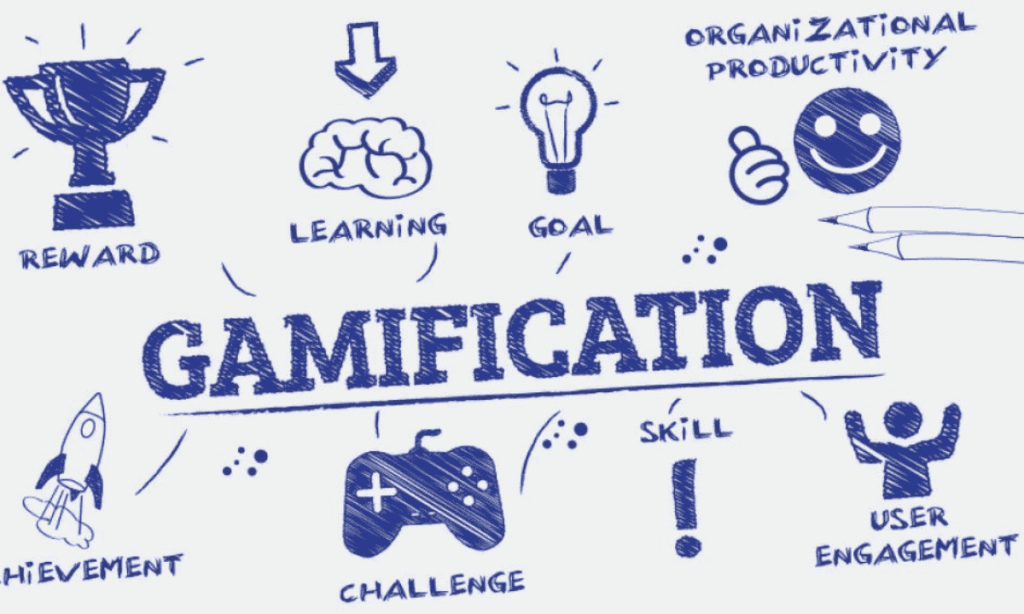
Introduction
Employee engagement is a critical factor in driving productivity, innovation, and workplace satisfaction. In modern organizations, gamification has emerged as a powerful strategy to boost motivation and create a more interactive work culture.
By applying game-like elements such as rewards, challenges, and leaderboards to everyday tasks, companies can make work more engaging and rewarding for employees.
Understanding Gamification in the Workplace
Gamification involves integrating game mechanics into non-gaming environments to encourage participation and performance. In a corporate context, this could mean setting goals, tracking progress, and recognizing achievements through digital platforms.
The purpose is not just to make work fun but to foster collaboration, healthy competition, and a sense of accomplishment among employees.
Key Benefits of Gamification for Engagement
Gamification enhances employee motivation by making tasks feel more meaningful and measurable. Recognition systems such as badges, points, and rewards provide instant feedback, which reinforces positive behavior and boosts morale.
Employees are more likely to stay focused when their efforts are acknowledged and progress is visible. Additionally, gamification fosters teamwork by promoting shared goals and friendly competition, ultimately improving overall productivity.
Implementing Effective Gamification Strategies
To succeed, gamification programs must align with organizational objectives and employee interests. Setting clear goals, defining fair scoring systems, and offering meaningful rewards are essential.
Platforms that track performance metrics and encourage peer recognition can help maintain enthusiasm over time. Regularly updating challenges and introducing new milestones also keeps the system fresh and motivating.
Conclusion
Gamification is transforming the way organizations approach employee engagement. By blending entertainment with performance management, businesses can inspire their teams to achieve higher levels of commitment and creativity.
When implemented strategically, gamification not only boosts morale but also strengthens company culture, making employees more connected, productive, and aligned with the organization’s long-term vision.
